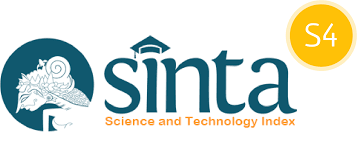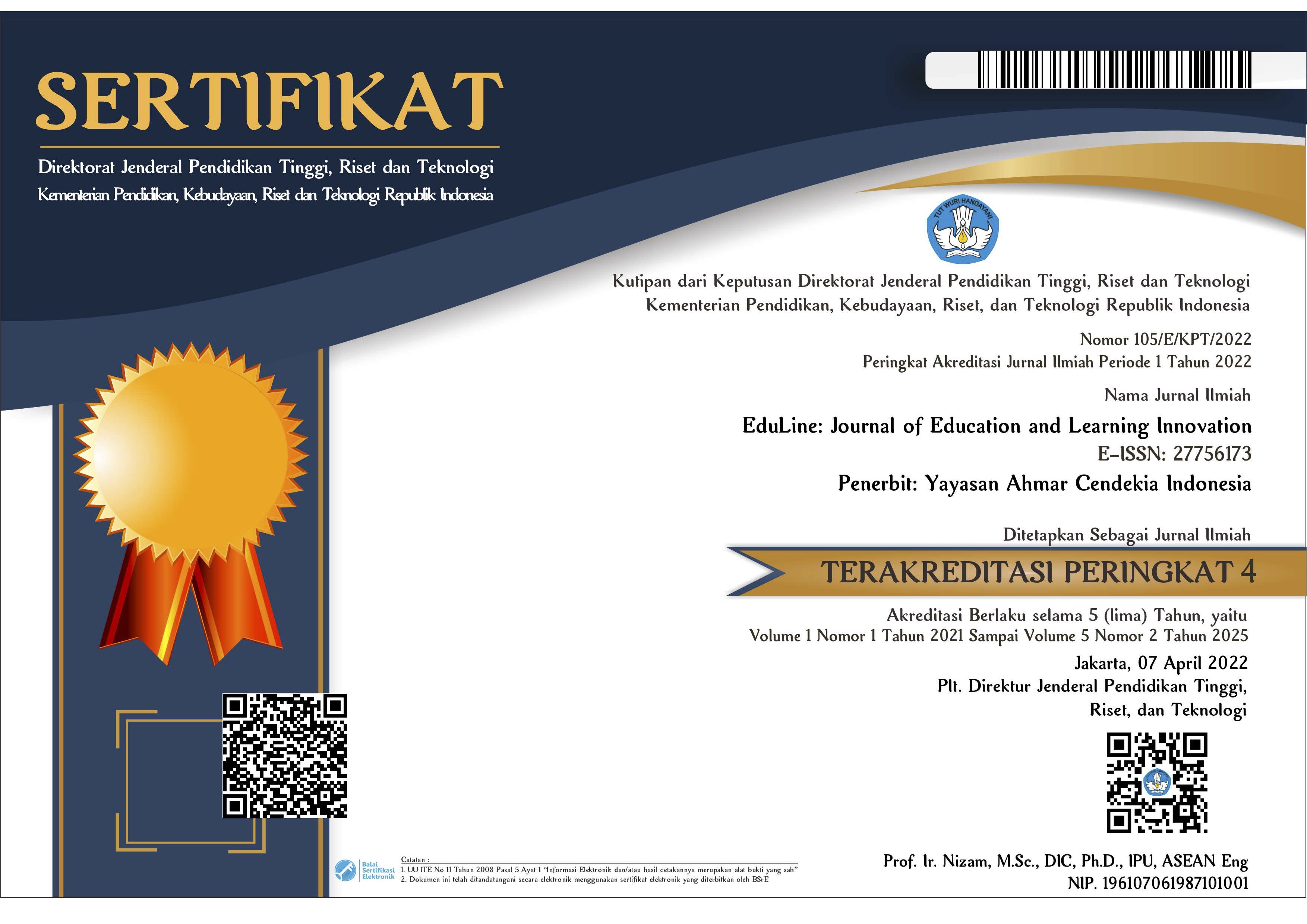Exploring Geragogy as A Non-Formal Education Approach to Promote Quality of Life for The Elderly
 Viewed = 0 time(s)
Viewed = 0 time(s)
Abstract
The ageing process often brings challenges in physical, psychological and social aspects that can affect the quality of life of the elderly. Non-formal education with a geragogy approach offers a significant solution to improve the quality of life of older people through learning. This article uses the literature review method to explore the concept, relevance, benefits and challenges in the application of geragogy to promote the quality of life of the elderly. The results show that the geragogy approach can reduce social isolation, improve cognitive capacity, and empower older adults socially and psychologically. However, geragogy implementation faces challenges such as financial barriers, age discrimination, and limited programme evaluation. This research highlights the importance of policy support and inclusive learning environments to maximise the positive impact of geragogy in improving the quality of life of older adults.
References
Bjursell, C. (2019). Inclusion in education later in life: Why older adults engage in education activities. European Journal for Research on the Education and Learning of Adults, 10(3), 215–230. https://doi.org/10.3384/rela.2000-7426.rela20192
Bulbul, A. H., Gunaydin, S., & Odabasi, H. F. (2022). Embracing Older Adults in Online Learning. Turkish Online Journal of Educational Technology - TOJET, 21(1), 55–67.
Creech, A., & Hallam, S. (2015). Critical geragogy: A framework for facilitating older learners in community music. London Review of Education, 13(1), 43–57. https://doi.org/10.18546/LRE.13.1.05
Dian Eka Putri. (2021). HUBUNGAN FUNGSI KOGNITIF DENGAN KUALITAS HIDUP LANSIA. 2(4), 1147–1152.
Findsen, B., & Formosa, M. (2011). Lifelong Learning in Later Life. In Lifelong Learning in Later Life (Issue January 2011). https://doi.org/10.1007/978-94-6091-651-9
Formosa, M. (2021). Building Evidence for the Impact of Older Adult Learning on Active Ageing. Andragoška Spoznanja, 27(2), 53–74. https://doi.org/10.4312/as/9934
Formosa, M., & Galea, R. (2020). Critical educational gerontology at a senior center in Malta: possibilities and limitations for critical consciousness. Educational Gerontology, 46(2), 59–71. https://doi.org/10.1080/03601277.2020.1711587
Gates, J. R., & Wilson-Menzfeld, G. (2022). What Role Does Geragogy Play in the Delivery of Digital Skills Programs for Middle and Older Age Adults? A Systematic Narrative Review. Journal of Applied Gerontology, 41(8), 1971–1980. https://doi.org/10.1177/07334648221091236
Hosnjak, A., Ilic, B., Kurtovic, B., Ledinski, F. S., & Smrekar, M. (2020). Development Strategies in the Field of Lifelong Learning of Older Adults. Acta Medica Martiniana, 20(3), 122–132. https://doi.org/10.2478/acm-2020-0014
Kartika, M., Khoiri, N., Afifah Sibuea, N., & Fahrur rozi, M. (2021). Learning By Doing, Training and Life Skills. Jurnal Mudabbir (Journal Research and Education Studies), 1(2), 93.
Kowalska-Dubas, E. (2020). Geragogika jako subdyscyplina pedagogiczna. Studia z Teorii Wychowania, 2(2).
Nyandra, M. (2019). LANSIA (AKTIF, SEHAT, DAN BAHAGIA).
Schirmer, M., Dalko, K., Stoevesandt, D., Paulicke, D., & Jahn, P. (2023). Educational Concepts of Digital Competence Development for Older Adults—A Scoping Review. International Journal of Environmental Research and Public Health, 20(13). https://doi.org/10.3390/ijerph20136269
Stuart-Hamilton, I. (2011). An Introduction to Gerontology.
Surahman, Rachmat, M., & Supardi, S. (2016). METODOLOGI PENELITIAN. In Sustainability (Switzerland) (Issue 1).
Tambaum, T. (2015). Elderly learners in combined-age learning groups picking up on new professional skills. Rocznik Andragogiczny, 21(2012), 297. https://doi.org/10.12775/ra.2014.022
UU RI Nomor 20 tahun 2003, 2 Ekombis Sains: Jurnal Ekonomi, Keuangan dan Bisnis 39 (2003). https://doi.org/10.24967/ekombis.v2i1.48
Copyright (c) 2025 Alvian Pramadani Hestyan, Sjafiatul Mardliyah , Shobri Firman Susanto

This work is licensed under a Creative Commons Attribution-NonCommercial-ShareAlike 4.0 International License.

 https://doi.org/10.35877/454RI.eduline3624
https://doi.org/10.35877/454RI.eduline3624








